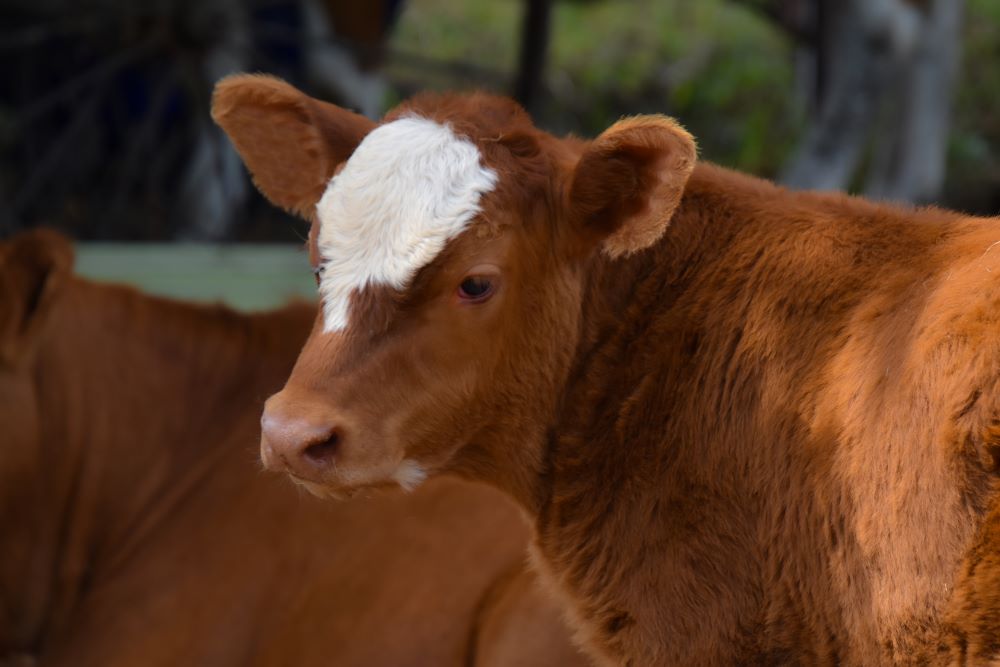
Food standards and market access issues have driven a wedge between the UK and Canada amid ongoing trade deal negotiations.
The UK’s 2021 rollover agreement with Canada following its formal departure from the EU is due to expire at the end of the year, and attempts to reach a permanent agreement are mired in misgivings over the trade of cheese and beef.
UK cheese exporters have petitioned the Department of Business and Trade to ensure they have continued access to the Canadian market post-2023, while a campaign from a coalition of cattle farmers to block the UK’s accession to the Comprehensive and Progressive Agreement for Trans-Pacific Partnership (CPTPP) gained traction earlier this year.
Cheesed off
Coombe Castle International, a UK cheese exporter, wrote to business and trade secretary Kemi Badenoch last week, pushing for a two-year extension of the current deal, including or the so-called ‘cheese letters ’, which facilitated tariff-free trade for cheese.
Writing on behalf of 13 businesses, the company claimed action was needed to safeguard its business and the industry.
Darren Larvin, managing director of Coombe Castle, said that “every extra day the government takes to negotiate an extension or permanent outcome is a day during which we can’t plan and are thus at the risk of losing contracts with our Canadian partners”.
Speaking last month, sales director Ben Hutchins said that the continuation of 40-year trading partnerships “will not be possible” if the agreement expires from January without an extension in the rollover deal or an updated agreement,.
Big beef
UK food standards currently prohibit the import of Canadian beef due to the use of synthetic growth hormones in cattle farming.
By contrast, the UK’s admission to the CPTPP has enabled UK farmers access to the Canadian market. According to RealAgriculture, the UK exported 4,414 tonnes of beef to Canada in 2022 worth an estimated C$33.2m.
This imbalance has led a coalition of Canadian farming groups – the Canadian Cattle Association, Canadian Meat Council and National Cattle Feeders’ Association – to launch a campaign to prevent the UK’s formal accession to the bloc next year, claiming the agreement “does not meet a fair standard of competition for Canadian farmers and producers”.
Speaking to the FT, Sam Lowe partner at consultancy Flint Global, wasn’t optimistic that a mutually beneficial deal could be reached:
“Canadians don’t want to import any foreign cheese; Brits don’t want to change their food standards to facilitate the import of Canadian beef.”
Stalemates
Amid ongoing diplomatic tensions, trade talks with India also came to a halt in September, leading to frustration from business leaders who claim the move ”doesn’t make sense”.
Speaking to Toronto City News, policy and government relations lead at the Chamber of Canadian Commerce Matthew Holmes said he anticipated the stalled deal would mean more bad news for agri-businesses.
“Unfortunately, businesses are going to feel this for some time, whether that's disruptions to trade or to travel.
“Where they could have easily resolved an issue, it might become harder to do so for the foreseeable future.”
He noted that pules and proteins would be especially affected – with lentils, potash and canola oil among some of Canada’s key Indian exports.
You can learn more about the CPTPP trade agreement at IOE&IT’s International Trade Week (ITW) webinar tomorrow (8 November) at 3pm. To register for ITW events, you can sign up here.



